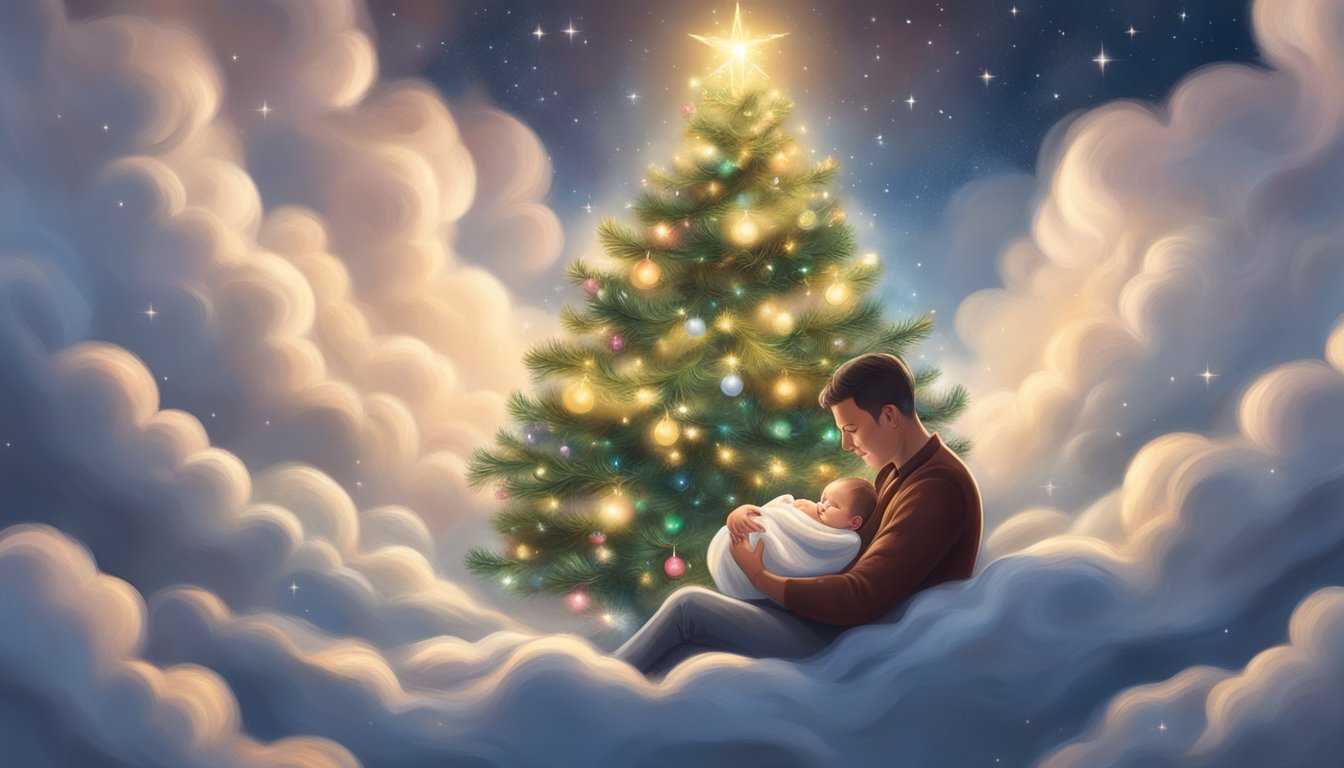Don’t Miss Out On This Unique Astrological Opportunity
Are you tired of spinning your wheels and getting nowhere? Simply put, you’re out of sync: you’re out of alignment with your astral configuration.
But: there’s a kind of map that can help you reclaim your alignment. Think of it as your own personal blueprint to success and happiness: a blueprint that will help you live your most amazing life.
Get started here.
The path to becoming a parent often intertwines with uncertainty and doubt.
Many grapple with the crucial question: is this the right time to start a family? Personally, motherhood wasn’t initially a priority for me.
Yet, as a mother of two boys now, I can hardly picture my life any differently.
This perspective, however, seems to be less prevalent in our current climate.
In an era marked by global crises, Madeleine L’Engle aptly expressed the hesitations surrounding childbirth in her poem, The Risk of Birth, arguing that such turbulent times may not be ideal for welcoming new life into the world.
Declining Birth Rates
As we analyze the trends in birth rates, it becomes apparent that developed nations are experiencing a significant decline.
For example, Australia’s fertility rate has dropped to 1.5 children per woman, a worrying figure that aligns with many OECD countries, all of which fall short of the necessary replacement level of 2.1.
A myriad of factors contribute to this waning enthusiasm for parenthood.
The remarkable progress women have made in education, coupled with growing concerns about housing affordability and climate change, loom large in the minds of many.
Indeed, these issues have left countless individuals restless.
A 2024 survey by Mission Australia revealed that young Australians primarily cite rising living costs and climate change as their foremost national worries.
Their deep-seated concerns paint a concerning picture about the future for younger generations.
As these challenges persist, many young people are rethinking traditional family structures and prioritizing financial stability over parenthood.
Some experts argue that embracing discomfort in families—whether through difficult conversations about economic strain or adapting to new societal norms—may be necessary to navigate these shifting dynamics.
Ultimately, the decision to have children is increasingly influenced by practical concerns rather than cultural expectations.
Lessons from History
The shifting landscape of gender dynamics also complicates choices around having children.
Online communities often perpetuate harmful stereotypes about femininity and masculinity, influencing perceptions of parenthood.
Beneath these societal transitions lies a pervasive sense of despair about our world, a sentiment sometimes dubbed the “enshittocene.” This reflects a belief that current and future conditions might not be suitable for new life.
Yet, history teaches us that even in chaotic times, fresh starts can blossom.
Looking back to 1973, the year L’Engle lamented as unfortunate for childbirth, we see that it wasn’t devoid of promise.
It marked significant societal transformations, such as the abolishment of the White Australia policy and the inauguration of the Sydney Opera House, both pivotal cultural milestones.
Moreover, notable figures emerged from this year—including Sergey Brin, Sachin Tendulkar, and Cathy Freeman—each ultimately leaving their mark in their respective fields.
The experiences of these individuals remind us of the inherent potential encapsulated in every new life, which, against all odds, might contribute positively to the world.
One such example is my friend Aaron, also born in 1973.
With a knack for connecting tabletop game enthusiasts, he organizes quarterly gatherings that cultivate friendship and community, proving that not all impacts need to be monumental to matter.
A Message of Hope
The truth is, the trajectory of anyone’s life at birth is unpredictable, much like the timing of parenthood itself.
Yet, a child has the potential to influence the world significantly, shaping the lives of those they encounter.
The Christmas story provides a poignant reflection on these complexities.
It centers around the humble nativity scene, where various figures converge to witness the birth of Jesus.
Within this traditional narrative, the child symbolizes divine love and human connection, contrasting sharply with today’s often utilitarian views regarding childbirth.
In the closing lines of L’Engle’s poem, we find the poignant idea that the courage to embrace love is intrinsically tied to the act of bringing new life into the world.
As someone of faith, I draw inspiration from this message.
If the divine could take such a momentous leap, perhaps I too can confront the uncertainties of parenthood.
Amidst the disorder of the world, love persists, reflecting the resilience of the human spirit.
While my faith may not reverse declining birth rates, the symbolism of the Christmas child redefines the journey of parenthood as a journey of hope—imbuing it with a purpose that transcends doubt.
Source: Theguardian.com



